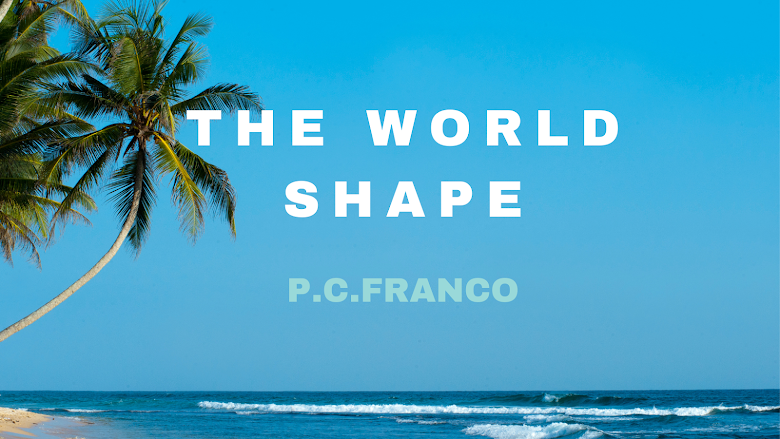No documento de doação testamentária efectuada pela condessa Mumadona Dias, ao mosteiro de Guimarães em 26 de Janeiro de 959, consta a referência a "Suis terras in Alauario et Salinas", sendo esta a mais antiga forma que se conhece do topónimo Aveiro.
No século XIII, Aveiro foi elevada à categoria de vila, desenvolvendo-se a povoação à volta da igreja principal, consagrada a S. Miguel e situada onde é, hoje, a Praça da República, vindo esse templo a ser demolido em 1835.
Mais tarde, D. João I, a conselho de seu filho, Infante D. Pedro, que, na altura, era donatário de Aveiro, mandou rodeá-la de muralhas que, já no século XIX, foram demolidas, sendo parte das pedras utilizada na construção dos molhes da barra nova.
Em 1434, D. Duarte concedeu à vila privilégio de realizar uma feira franca anual que chegou aos nossos dias e é conhecida por Feira de Março.
Em 1472, a filha de D. Afonso V, Infanta D. Joana, entrou no Convento de Jesus, onde viria a falecer, em 12 de Maio de 1490, efeméride recordada actualmente, no feriado municipal. A estada da filha do Rei teve importantes repercussões para Aveiro, chamando a atenção para a vila e favorecendo o seu desenvolvimento.
O primeiro foral conhecido de Aveiro é manuelino e data de 4 de Agosto de 1515, constando do Livro de Leituras Novas de Forais da Estremadura.
A magnífica situação geográfica propiciou de Aveiro, desde muito cedo, a fixação da população, sendo a salinagem, as pescas e o comércio marítimo factores determinantes de desenvolvimento.
Em finais do século XVI, princípios do século XVII, a instabilidade da vital comunicação entre a Ria e o mar levou ao fecho do canal, impedindo a utilização do porto e criando condições de insalubridade, provocadas pela estagnação das águas da laguna, causas estas que provocaram uma grande diminuição do número de habitantes - muitos dos quais emigraram, criando povoas piscatórias ao longo da costa portuguesa - e, consequentemente, estiveram na base de uma grande crise económica e social. Foi, porém e curiosamente, nesta fase de recessão que se construiu, em plena dominação filipina, um dos mais notáveis templos aveirenses: a igreja da Misericórdia.
Em 1759, D. José I elevou Aveiro a cidade, poucos meses depois de ter condenado por traição, ao cadafalso, o seu último duque, título criado, em 1547, por D. João III. Por essa razão, e a pedido de algumas pessoas notáveis da cidade, à nova cidade foi dado o nome de Nova Bragança em vez de Aveiro, por Alvará Real de 11 de Abril de 1759. Com a queda do poder do Marquês de Pombal, após D. Maria I se tornar rainha em 1777, logo esta mandou voltar a cidade à sua anterior designação.
Foi feita Oficial da Ordem Militar da Torre e Espada, do Valor, Lealdade e Mérito a 29 de Março de 1919 e Membro-Honorário da Ordem da Liberdade a 23 de Março de 1998.














